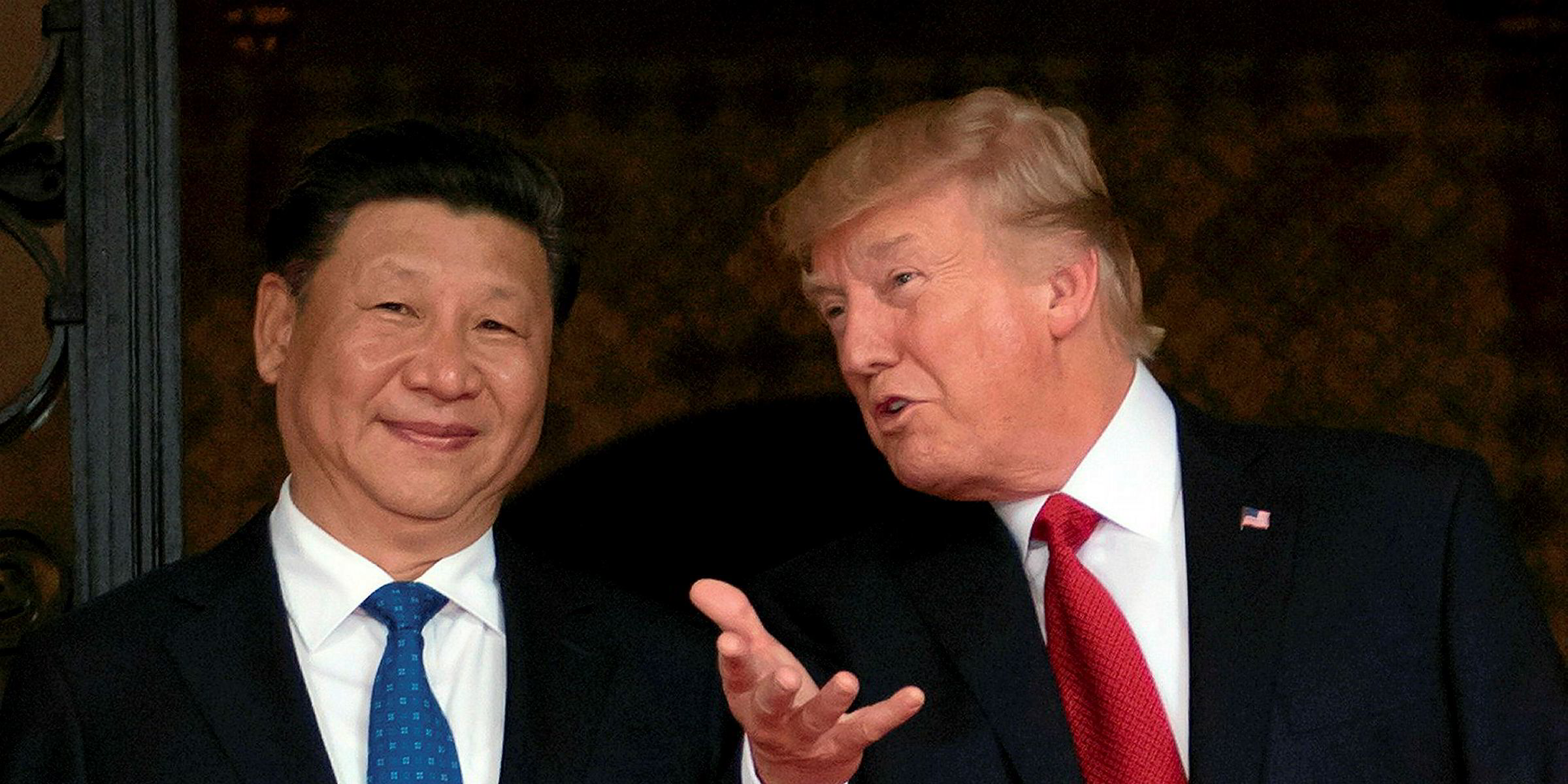Chinese soybean imports have altered dramatically since Beijing imposed 25% retaliatory tariffs on US products in July, with Brazil increasing its supply and Russia and Canada stepping in to fill the void.
Chinese importers are shifting to domestic producers and products from other countries including Russia and Canada, according to a news update on the Chinese state council's website.
US soybeans cost at least 700 to 800 yuan ($102 to $117) more since the July tariffs, said Jiusan Group, a major soybean processor.
Heilongjiang-based Jiusan Group handles 12 million tonnes of soybeans each year, of which eight million tonnes are imported.
Until July, US soybeans comprised 40% of Jiusan's imports. However, the company halted US purchases from the second half of 2018.
Chinese businesses have increased South American imports, said Zhang Lichen, vice-president at Jiusan Group, and are trying to step up soybean imports from Canada and Russia as a countermeasure.
Brazil's share of imports rose from 50% to 65%, Lichen said.
“The Chinese market is huge, and we don’t think too much about the ongoing changes in international trade patterns,” said the general manager of a Russian agricultural complex in Amur Oblast.
Rising soybean prices have also enhanced the competitiveness of domestic soybeans, the article said.
China is the world’s largest soybean consumer, with US-China soybean trade worth $14bn last year.
Bulker owners and analysts have previously pointed to headwinds presented by the US-China trade tensions, such as new supply routes clearing congestion and inefficiencies, and an increase in tonne-mile demand.
Eagle Bulk's chief executive Gary Vogel had said there will be no disruption in actual dry bulk trade flow, but where it comes from.
Vogel gave the example of US soybeans being redirected to Europe, and Brazil filling some of the gap for Chinese soybean demand.
Others, such as Safe Bulkers chief executive Polys Hajioannou expressed scepticism that the trade war will last, as US farmers will be hit hardest.
"Out of tariffs, the US farmers will be the biggest losers of all the participants," Hajioannou said.
That will press the White House to reconsider, he said.
"Because the exports of US soybeans are primarily heading into China... I don't know who will buy all this soybean from the US."



